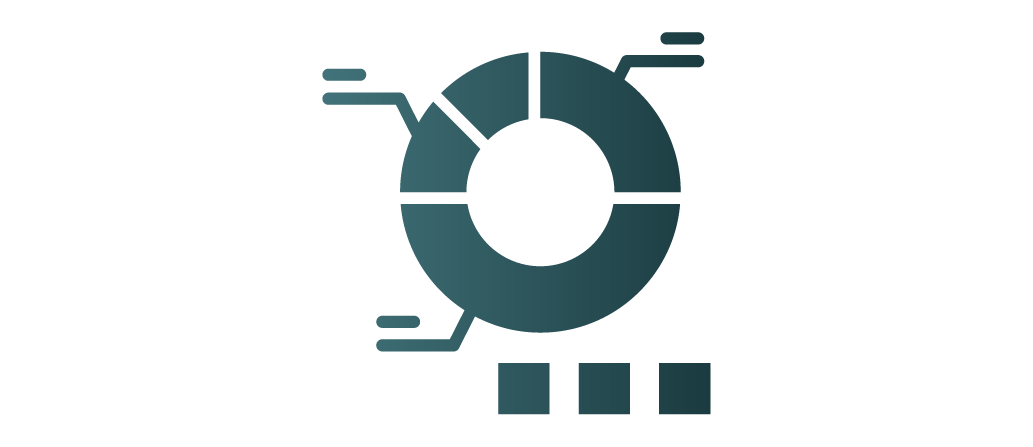Services > Strategic Initiatives
Michigan Materials Management Planning
Address your community’s unique materials management needs by creating strategic plans and implementing them efficiently with State provided funds.
RRS is your materials management partner.
At RRS, we are ready to walk alongside you step-by-step to complete your Materials Management Plan. We can also assist you with specific tasks to support you through the planning process. Your county has unique needs, and we can help you meet them. Let’s work together to create a strategic plan that will efficiently use the funding your county will receive.
We can support you in moving efficiently from planning to implementation
We forge deep connections with your team to grasp existing systems, stakeholders, and future aspirations. Then, leveraging over 35 years of experience, we assemble a top-tier team to fulfill your recycling analysis, strategy, and design requirements.
Your MMP support can include:
-

Planning & Program Development
-

Communications & Marketing
-

Procurement, Contracts & Legal
-

Data & Mapping
-

Waste Characterization
-

Community & Stakeholder Engagement
Our consultants have been at the forefront of resource recovery in Michigan since 1986.
Materials Management Plans guide your county and ensure that programs, services, policies, and facilities are planned for and coordinated among the various stakeholders, including waste haulers, municipalities, nonprofits, educational institutions, and others.
RRS is ready to support your community in navigating this new MMP process, from planning to implementation. We understand the significance of these changes and are committed to assisting you in developing a comprehensive and effective Materials Management Plan.
Good planning leads to good programs. RRS has supported the planning and implementation of some of the highest-performing programs in the state. RRS has worked alongside Michigan counties, municipalities, authorities, and the State on materials management initiatives. RRS knows the stakeholders, the landscape, the best practices, and how to establish sustainably funded and effective materials management programs.
We’re here to help you move swiftly through the plan requirements so you can use most of the state-issued funds for implementation, not planning.
Outcomes
Increased Material Diversion
Maximized Recovery
Stronger Material Markets & Value
Achieving Social, Economic & Sustainability Goals
Decreased Air & Water Pollution
Reduced Health Risks Associated With Improper Waste Disposal
Michigan is our Home
RRS is invested in seeing every county in Michigan succeed because we live here, too. We are a Michigan-based company experienced in every level of material management needs, from coordinating planning committees to writing customized plans.
Our senior staff has over 200 years of collective experience designing and implementing urban and rural recycling and composting programs across Michigan and the country. Many of our consultants come from the public sector and have a critical understanding of the unique needs of government agencies. We can tailor your materials management planning to meet your county’s needs.

Counties across Michigan have put their trust in us.
For decades, we have worked with communities, businesses, and organizations across Michigan on materials management solutions. We’re looking forward to working with you!
Our MMP Clients
ALCONA COUNTY
ALPENA COUNTY
emmet county
iosco county
Montmorency county
Oscoda County
Washtenaw County










